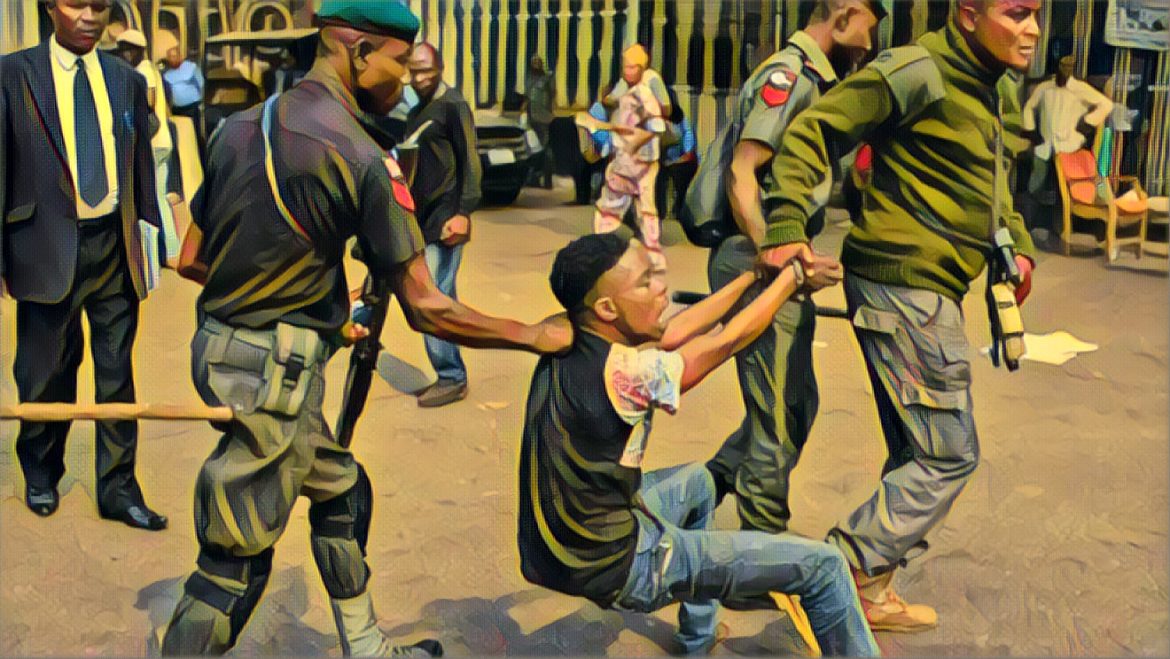Yambali Umaru, a carpenter, faced a seven-year nightmare in detention after a wrongful accusation of affiliation with Boko Haram in 2011. A friend, apprehended for returning a stolen motorcycle from an insurgent-raided village, falsely accused Umaru, leading to his unjust imprisonment.
In the State Criminal Investigation Department’s underground cell in Area 10, Abuja, Umaru, and others who couldn’t write statements endured extreme conditions. Authorities stripped them, leaving them vulnerable to skin-infecting bedbugs, and subjected them to brutal interrogation methods including electric shocks, beatings, and toenail removal with pliers. This torture led to the deaths of five detainees.
After enduring years of maltreatment, a police officer advised Umaru to seek legal help. This led to a petition to the Inspector General of Police, resulting in a court appearance. In 2018, the court acquitted Umaru and his co-detainees due to a lack of evidence.
According to a report by The Guardian, Patrick Okachi, a janitor at the Statement Hotel, also shared his story of abuse. In November 2022, Department of State Services officials brutally assaulted him over an alleged theft. The torture included beatings, bottle smashing, and tear gassing, which only ended after police intervention and his subsequent recovery in a police hospital.
Victor Oduka, another victim, now lives with an ear defect after a three-day detention in Ogun State. His employer accused him of possessing confidential documents, but authorities released him when they found no evidence.
Despite Nigeria’s adherence to the “United Nations Treaty Against Torture” since 1975 and constitutional safeguards against inhumane treatment, torture remains prevalent. The Anti-Torture Act of 2017, enacted under former President Muhammadu Buhari, aimed to address this by criminalizing torture and protecting victims.
However, the Act’s implementation faces challenges due to corruption, a lack of political will, and a culture of violence and impunity. Legal experts like Deji Ajare and Ogechi Ogu emphasize the need for stronger enforcement, political determination, and changes in societal attitudes.
Efforts to align law enforcement practices with the Act are underway, as Solicitor-General of the Federation Mrs. Beatrice Jedy-Agba indicated. Training and legislative reviews are vital in the fight against torture.
Experts argue that for real change, a blend of political will, enhanced law enforcement training, and public awareness is crucial. Only with these efforts can Nigeria truly honor its commitment to human dignity and the rule of law.


